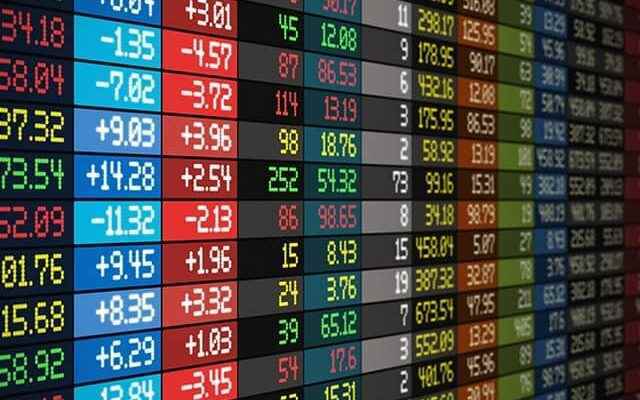(AOF) – GTT announces the signing of a technical assistance and license agreement with China Merchants Heavy Industries-Jiangsu (CMHI-Jiangsu), a subsidiary of China Merchants Industry Holdings, one of the three main shipbuilding groups in China, enabling the shipyard to build vessels using membrane technologies developed by GTT. GTT and China Merchant Industry Holdings have been cooperating for ten years, with an initial Service Agreement signed in 2013 for the maintenance and repair of LNG carriers.
A cooperation agreement was also initiated in 2016 for the evaluation of CMHI for the implementation of GTT technologies. This agreement is a new step in the partnership between the two companies, the shipyard now being authorized to build large capacity LNG carriers.
CMHI-Jiangsu started the process of obtaining the license at the beginning of the year and obtained it during the mock-up delivery ceremony on October 10, 2022.
Philippe Berterottière, Chairman and CEO of GTT, said: “We are honored to continue our collaboration with China Merchants Heavy Industries, one of the largest shipyards in China. We expect the next stage of this partnership be a real success, both in the construction of LNG carriers and in the LNG fuel market, CMHI being renowned for the variety of its shipbuilding.”
Simple Hu, General Manager of China Merchants Industry Holdings, said: “We are pleased with the collaboration and the trust that the GTT group places in us. We are already familiar with GTT’s technologies and we are determined to consolidate our experience in shipbuilding with these technologies for large LNG carriers, FSU1, FSRU2, FLNG3, VLEC4, as well as for LNG-powered merchant ships. We also want to deepen our collaboration with GTT with our other shipyards.”
AOF – LEARN MORE
Key points
– World leader in the design of containment systems with cryogenic membranes used for the storage and naval transport of LNG or liquefied natural gas;
– Turnover of €315 million, 94% of which was achieved in the construction of tanks or stationary ships and drawn on 9/10ths of royalties, hence margins of over 50%;
– Capitalization business model on the growth of the natural gas markets (25% of energy consumption expected for 2040) and LNG fuel (“Global Sulfur Cap”, incentive for the propulsion of commercial vessels by LNG) and extension of the service offering through acquisitions;
– Capital held at 21.45% by Engie, Philippe Berterottière being CEO of the 9-member board of directors;
– Very solid debt-free balance sheet with cash of €204 million.
Challenges
– Innovation strategy with a research & development budget of €20 million, aimed at strengthening gas management technologies, improving Mark Systems and NO 96 solutions, reducing carbon impacts via artificial intelligence and Smart Shipping and participate in the growth of the hydrogen market: 1
time
French ETI by the number of patent filings, 8/10
th
the order book from technologies offered for less than 3 years / certification of technologies intended for GL fuel / partnership with the Marseille incubator Zebox, specializing in maritime transport;
– 2025 net zero ambition environmental strategy for the company’s carbon emissions;
– Ramp-up of service activities carried out and offers to GBS (seabed, ethane transport, etc.) as well as green hydrogen storage carried by the subsidiary Elogen (cooperation agreement with Shell for the design of a hydrogen maker);
– Record order book at 193 units worth €795 million, including 32 for the LNG fuel activity, providing visibility until 2029.
Challenges
– Exposure to Russia: 12% of the order book linked to units under construction in the Arctic and 5.7% linked to Asian shipyard projects intended for the Arctic;
– Other geopolitical risks: Qatar, Malaysia and Indonesia, which account for more than half of the world’s LNG liquefaction supply;
– 2022 target of €290 to €320 million in revenue and €140 to €170 million in operating profit;
– Towards a 2023 financial year of sharp increase in results and turnover (€319 million).
Threat to the European energy system
The leading importer of German gas, Uniper posts 54% of the volumes it buys from Russia. Following the war in Ukraine, the group had to acquire the volumes it lacked on the spot market, the prices of which had exploded. In difficulty, he requested aid from the German state, which raises concerns for all European energy companies. Nevertheless the German RWE and the French Engie reacted by arguing that their situation was very different. RWE stressed that it was less dependent on Russian gas. As for Engie, it benefits from the diversification of its sources of supply, with an increase in the volumes of LNG delivered in France and contracts with Norway and Algeria. The group has also adapted its hedging strategy to strengthen its resilience.
